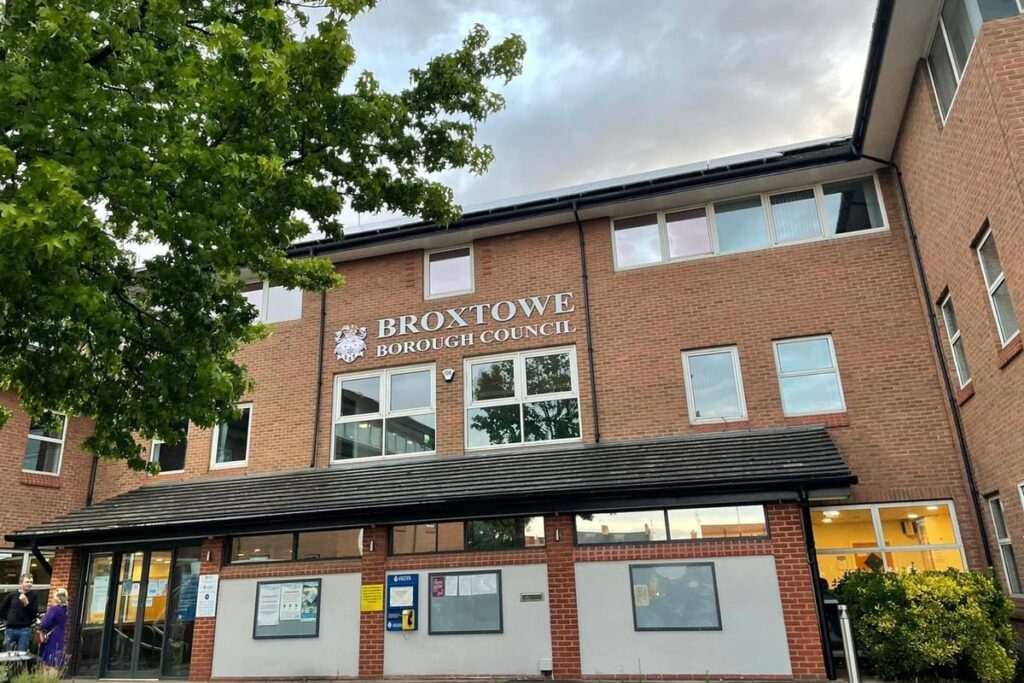A new collaborative group has been approved by Broxtowe Council to address ongoing controversies surrounding the rules for tribute items at local cemeteries. The decision, made during a council meeting on Tuesday, aims to bring clarity and resolution to a matter that has sparked significant public debate.
The controversy centers around the types of tribute items allowed at gravesites, with many families expressing frustration over restrictions that they feel are overly stringent. The council’s move to form a dedicated group is seen as a step towards balancing regulatory needs with the emotional significance these items hold for grieving families.
Background of the Controversy
The debate over cemetery tribute items in Broxtowe has been simmering for several years. At the heart of the issue are rules that limit the size, type, and placement of items such as flowers, plaques, and personal mementos. These regulations were initially put in place to maintain the aesthetic and safety of the cemetery grounds.
However, many residents argue that these rules are too restrictive and fail to consider the personal and cultural significance of tributes. “For many families, these items are a way to honor their loved ones and keep their memories alive,” said local resident Sarah Thompson. “It’s heartbreaking to see them removed or restricted.”
Formation of the Collaborative Group
The newly formed group will include council members, cemetery staff, and representatives from the community. Their goal is to review current policies and propose adjustments that respect both the operational needs of the cemeteries and the desires of the families who visit them.
“We are committed to finding a solution that works for everyone,” stated Councilor John Smith, who will chair the group. “This is about listening to our community and ensuring that our cemeteries remain places of peace and remembrance.”
“We are committed to finding a solution that works for everyone.” – Councilor John Smith
Expert Opinions and Historical Context
Experts in cemetery management note that such controversies are not unique to Broxtowe. Across the UK, councils have grappled with similar issues as they try to balance maintenance needs with public sentiment. Dr. Emily Carter, a sociologist specializing in grief and memorial practices, suggests that the key is in finding a middle ground.
“Cemeteries are deeply personal spaces, and regulations need to reflect that,” Dr. Carter explained. “At the same time, there are practical considerations that cannot be ignored. Successful policies often involve community input and flexibility.”
Historically, changes in cemetery regulations have often followed public outcry. In 2018, a similar situation in Nottinghamshire led to revised guidelines that allowed for more personalized tributes, provided they did not impede maintenance activities.
Looking Ahead
The formation of the collaborative group is expected to bring about a series of consultations and public meetings in the coming months. These sessions will provide a platform for residents to voice their concerns and suggestions directly to decision-makers.
Meanwhile, the council has temporarily halted the enforcement of certain restrictions, allowing families to place tributes without fear of immediate removal. This pause is intended to foster goodwill and demonstrate the council’s commitment to resolving the issue amicably.
The outcome of this initiative could set a precedent for other councils facing similar challenges. As Broxtowe takes steps towards a resolution, the eyes of neighboring communities will be watching closely.
Ultimately, the success of the group will depend on its ability to navigate the complex interplay of emotion, tradition, and practicality that defines cemetery management. For now, families in Broxtowe remain hopeful that their voices will lead to meaningful change.
